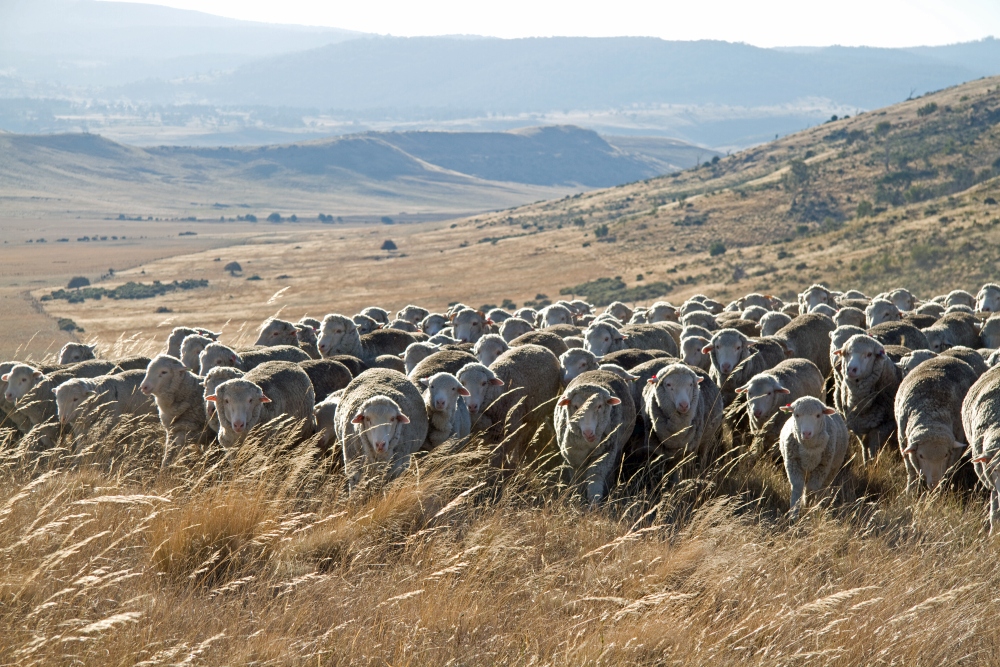Food, beverage and agribusiness
Tasmanians breathe some of the world’s cleanest air. We enjoy rainwater of exceptional purity and our soils are unusually rich and fertile.
With every bite, and every sip, we want to transport you to our island.
The quality of Tasmanian produce is enjoyed by people around the world, from our fresh fruit and berries, our meat and seafood, and our award-winning wines and spirits, to our super fine wool.
Tasmanian products are underpinned by environmental sustainability, quality control, and strict biosecurity.
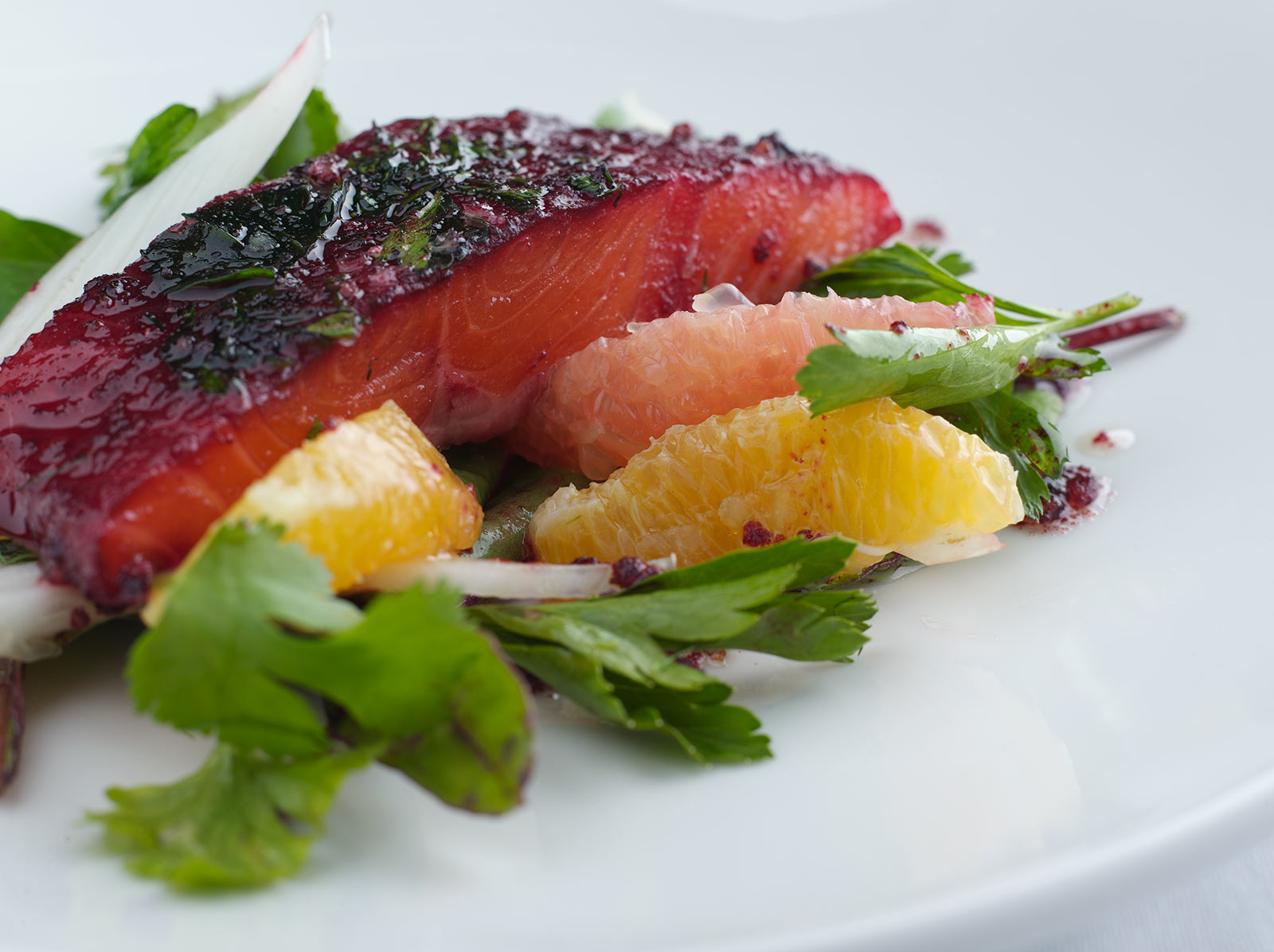
Environment
Our temperate climate, distinct seasons, reliable rainfall, clean air and rich, fertile soils. There is a lower risk of extreme weather events like heat waves and hail storms that affect other key agricultural regions.
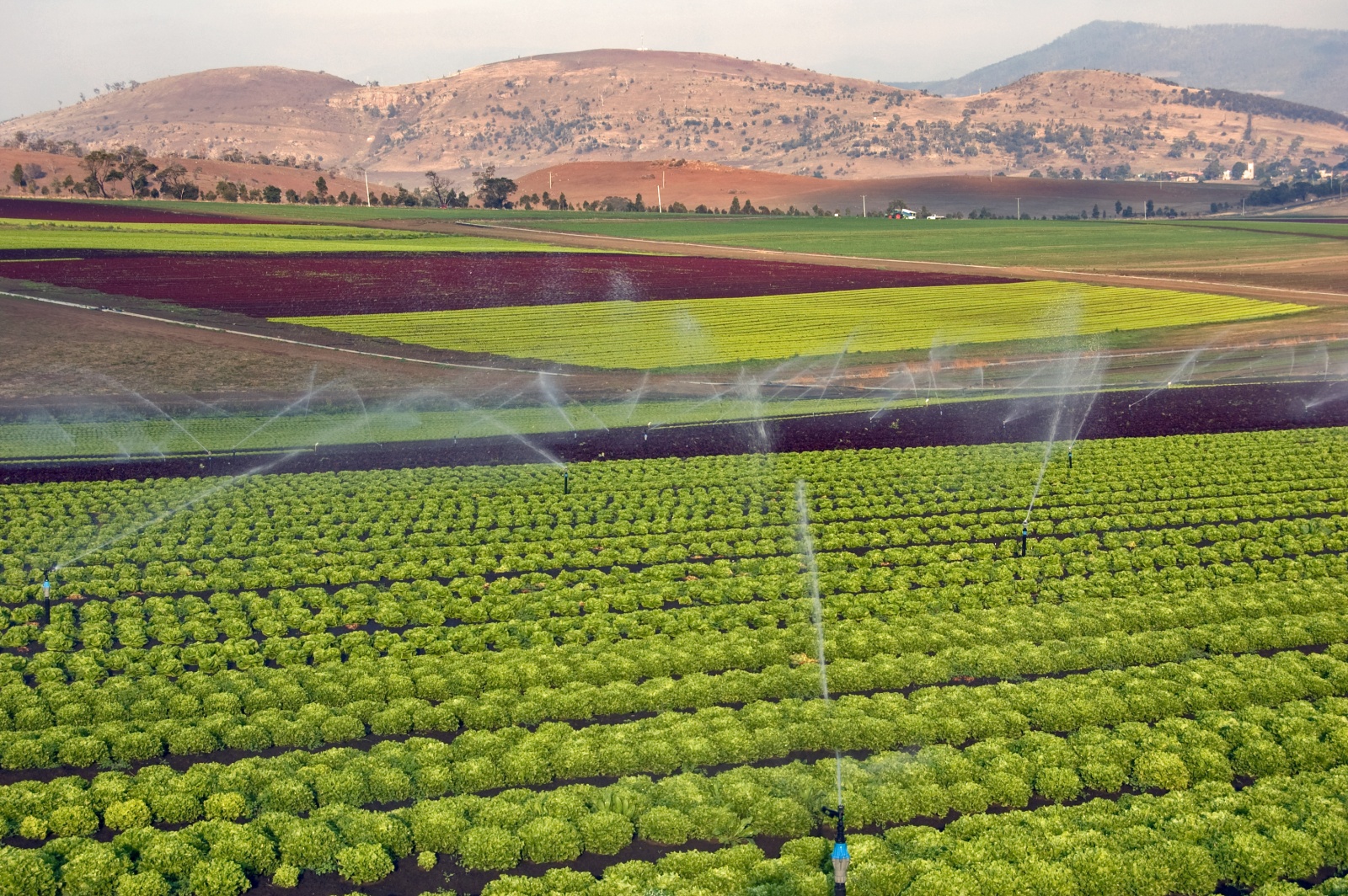
Quality control and biosecurity
We are an island state with stringent biosecurity standards. Tasmania is the only Australian state free from many major pests and diseases.
We are GMO free – the Tasmanian Government has placed a moratorium on genetically modified crops and Tasmanian farmers do not use hormone growth promotants or antibiotics to promote growth in our livestock or fisheries.
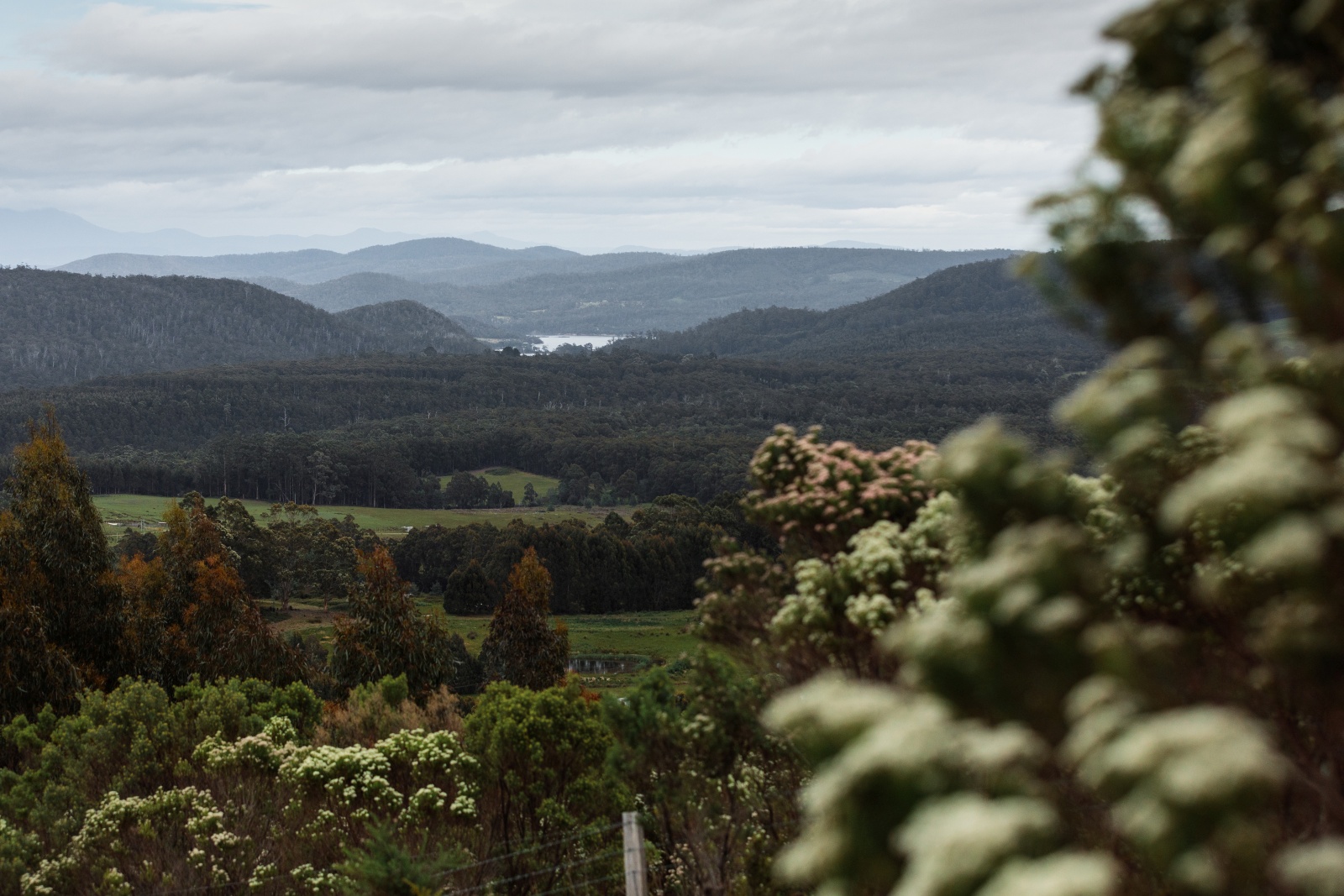
Innovation and research
Our small size and population allows for strong and innovative partnerships between our industries, our government, and our university.
We continue to lead research initiatives through organisations and clusters like the Tasmanian Institute of Agriculture, the Dairy Centre, the Commonwealth Scientific and Industrial Research Organisation, the Institute for Marine and Antarctic Studies, and the Department of Primary Industries, Parks, Water and Environment’s Animal Health Laboratories.
Because of our location, arable land size and climate, Tasmania’s farmers are innovative and adaptive with their production systems. Tasmania’s farms and range of produce is highly diversified, with an array of industries in production
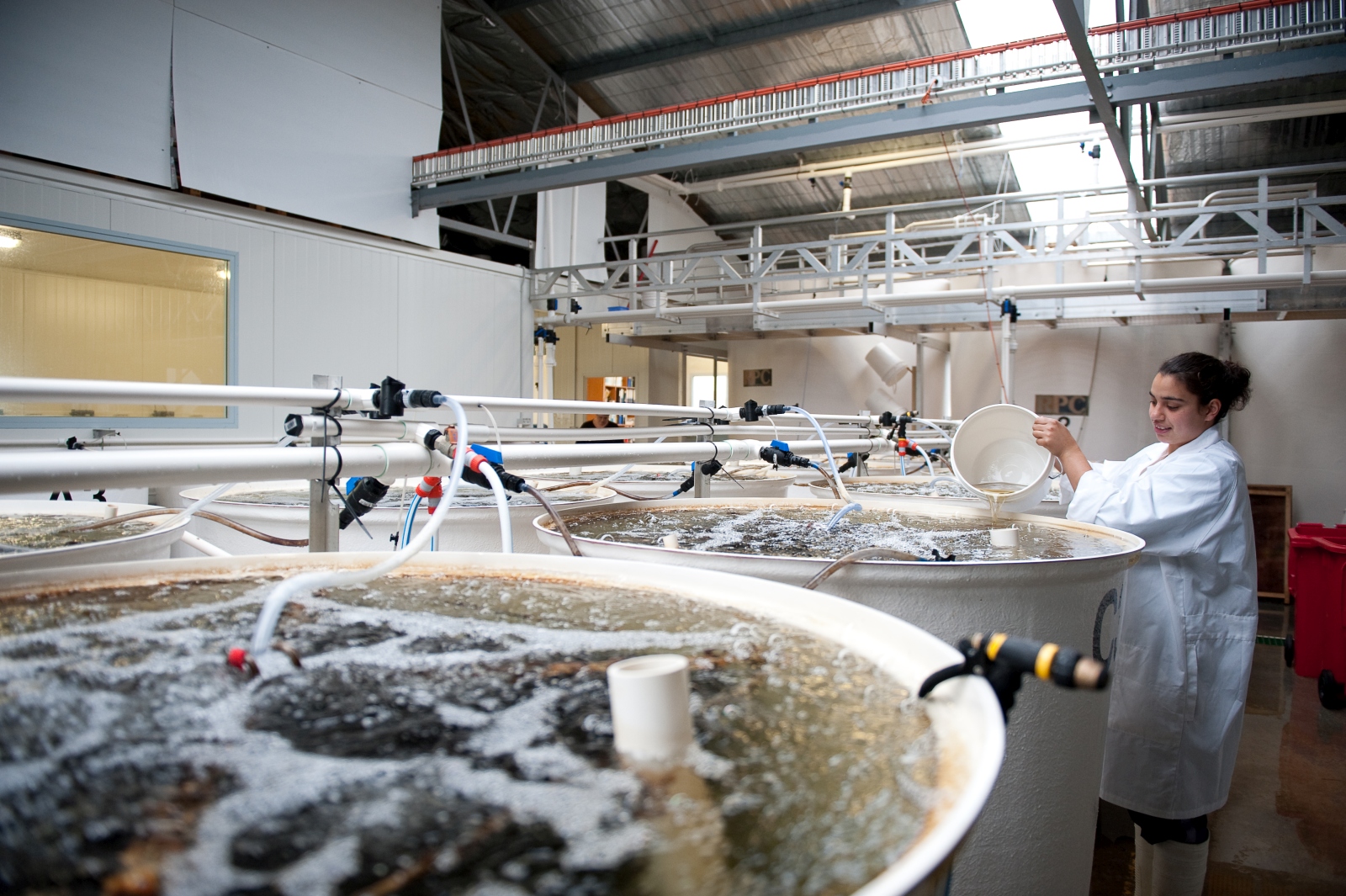
Red meat
Tasmania’s lush pastures, owing to our extensive rainfall, produce high quality beef and lamb.
Tasmania’s grassfed livestock production yields a top-quality product that is free from hormone growth promotants and genetically modified organisms.
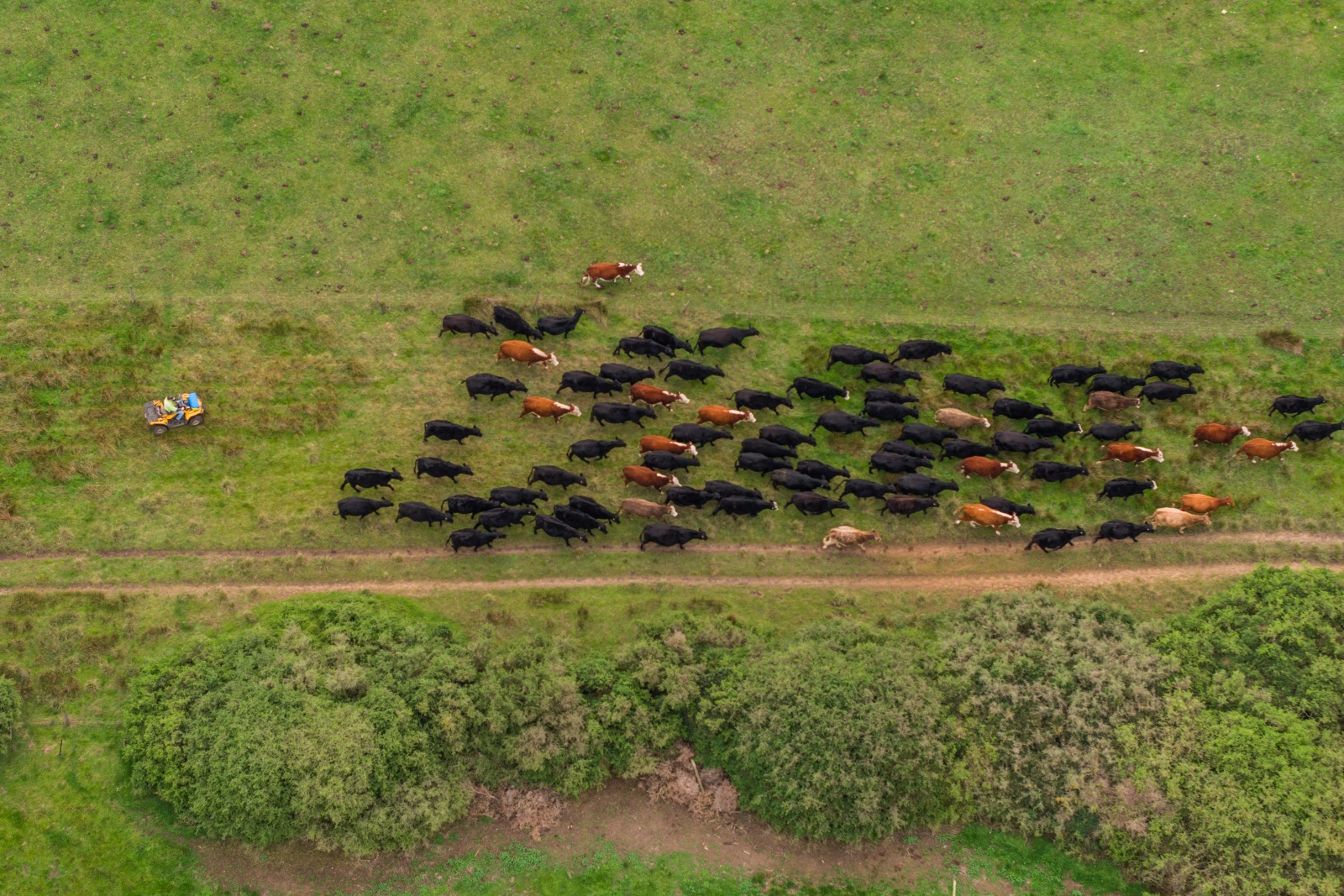
Fruit
Our cherries are considered delicacies, with most of our exports sold as luxury gifts.
Tasmania was once known as the ‘Apple Isle’ grows Royal Gala, Red and Golden Delicious, red and striped Fujis, and the Rubigold to name a few. Rubigold is grown in only one orchard in the world, in Tasmania’s Huon Valley.
Tasmanians also grow and export pears, apricots, and a range of berries
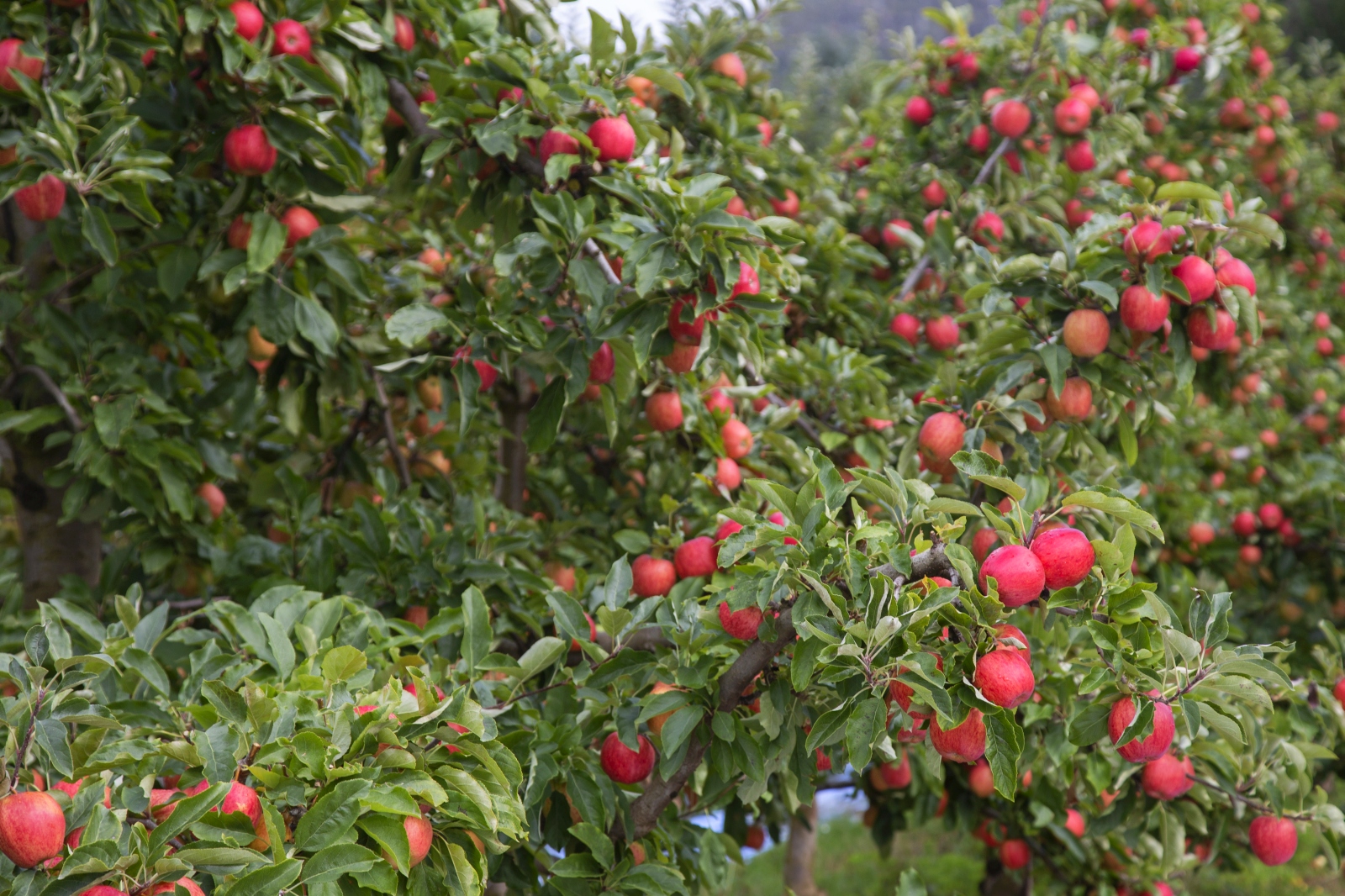
Vegetable
Tasmanians grow around 25 per cent of Australian vegetable exports.
Our main crops are potatoes, onions and carrots, but Tasmanian farming businesses are innovative, and are also developing new crops for new markets like wasabi and ginseng.
Barley, wheat and oats make up the majority of our grain production. In nearly every category, Tasmanian producers are expanding and diversifying their offerings with high-quality, value-added products.

Seafood
Tasmania is famous for its fine seafood, with our marine-harvested and wild-caught species including Atlantic salmon and ocean trout, oysters, mussels, abalone, scallops and rock lobster.
Wild stocks are sustainably fished and protected by quotas where necessary. Our aquaculture industry has developed world leading technology, aquaculture handling methods and sophisticated quality assurance and processing systems.
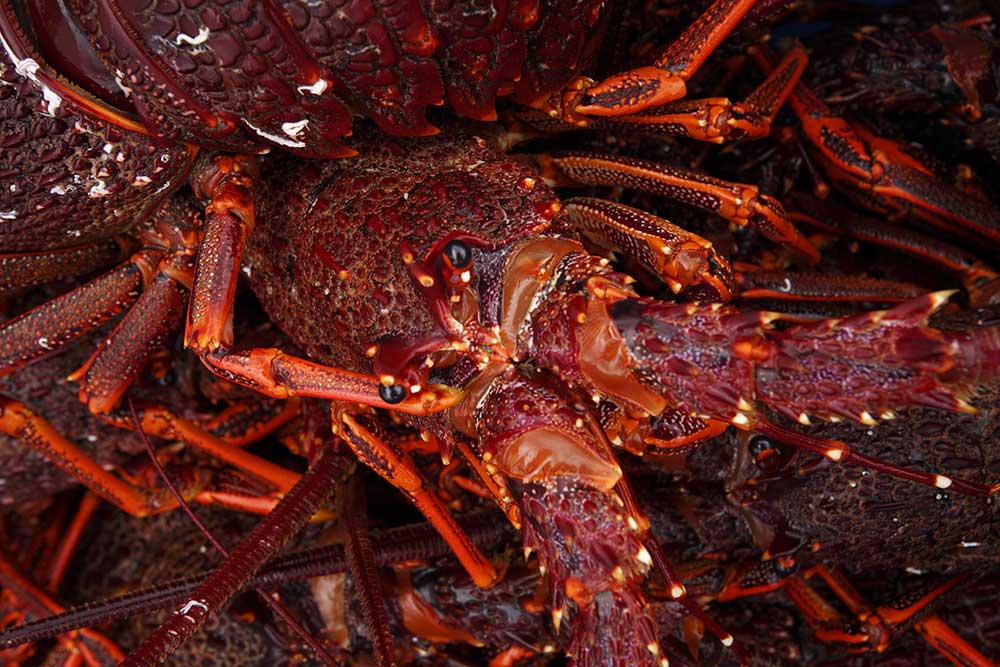
Dairy
The Tasmanian dairy industry flourishes because of reliable rainfall and lush pasture.
Tasmania supplies a full range of dairy products including many varieties of gourmet cheese that win Australian dairy awards.
Our milk powders and formulas are globally recognised as being amongst the safest in the world.
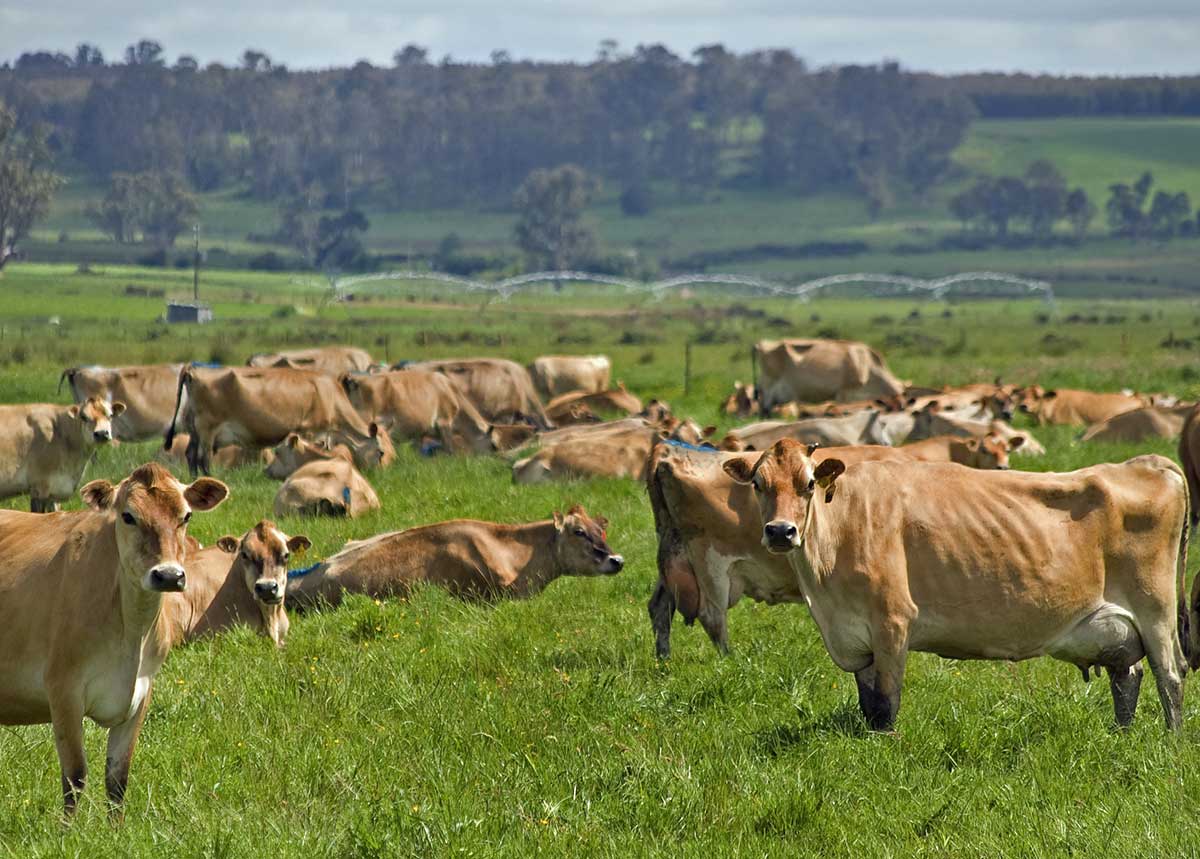
Niche
Tasmanian farmers benefit from the pristine air quality and cool-climate growing conditions to produce high quality premium agri-food products such as truffles, seeds, honey, olives, nuts and essential oils, which are in demand across the world.
Tasmania has gained a reputation for producing some of the best beverages in the world, by capitalising on the natural attributes our island state is famous for - clean air and water, and the best quality ingredients.
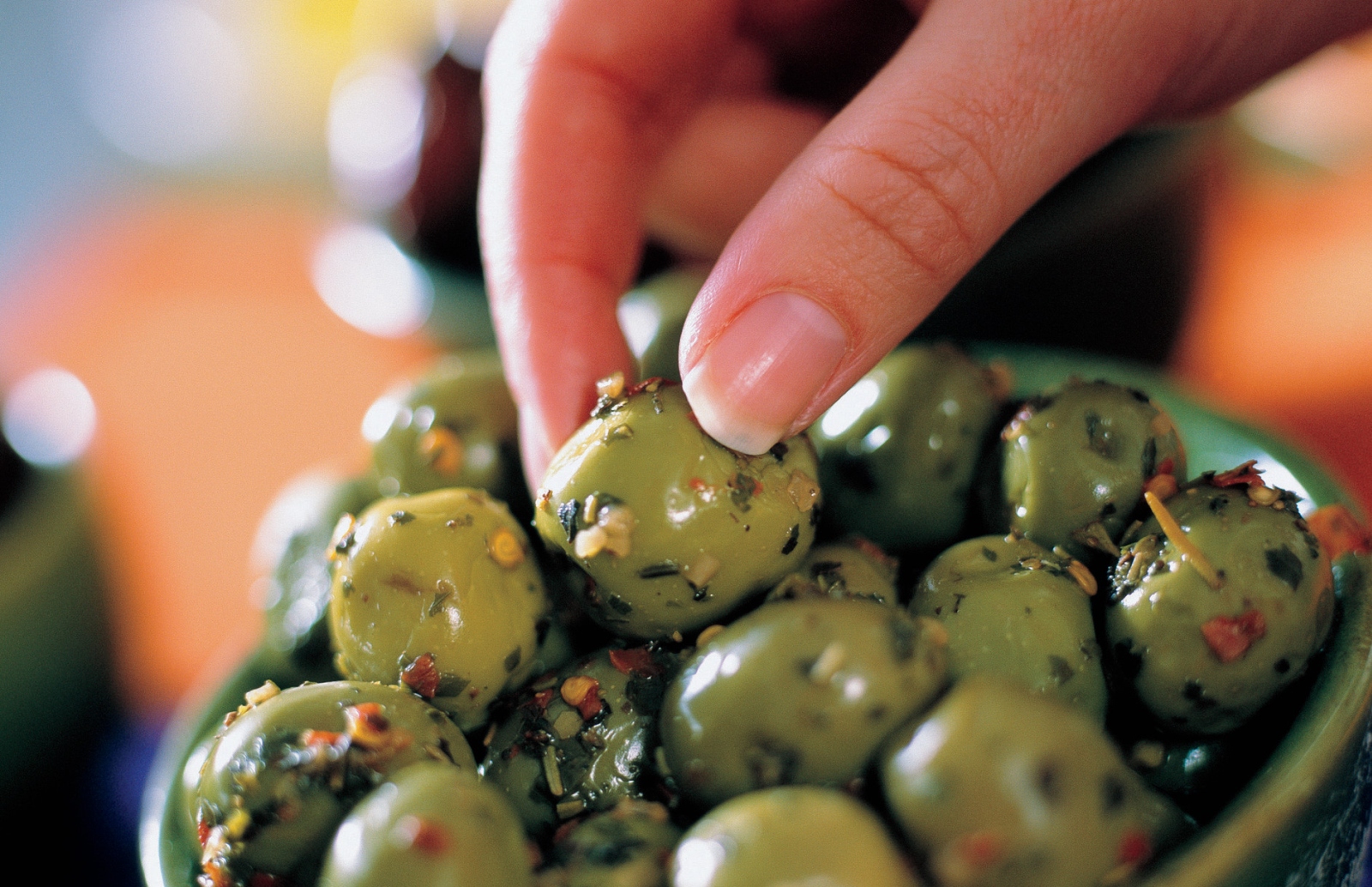
Water
Tasmanian water consists of natural spring water (still or sparkling), mineral water, rain water and purified water.
This water is used as a bottled product or on its own as the base for an array of fine beverages represented in everyday and premium markets.
Tasmanian water is unlike anywhere else in the world and benefits from Tasmania’s clean, green and pristine environment to give it its deserved reputation.

Wine
Tasmania is regarded as producing the finest sparkling wine in the southern hemisphere.
We are Australia’s oldest productive wine region and unrivalled for the quality of our cool-climate wines, most notably our sparkling wine and pinot noir.
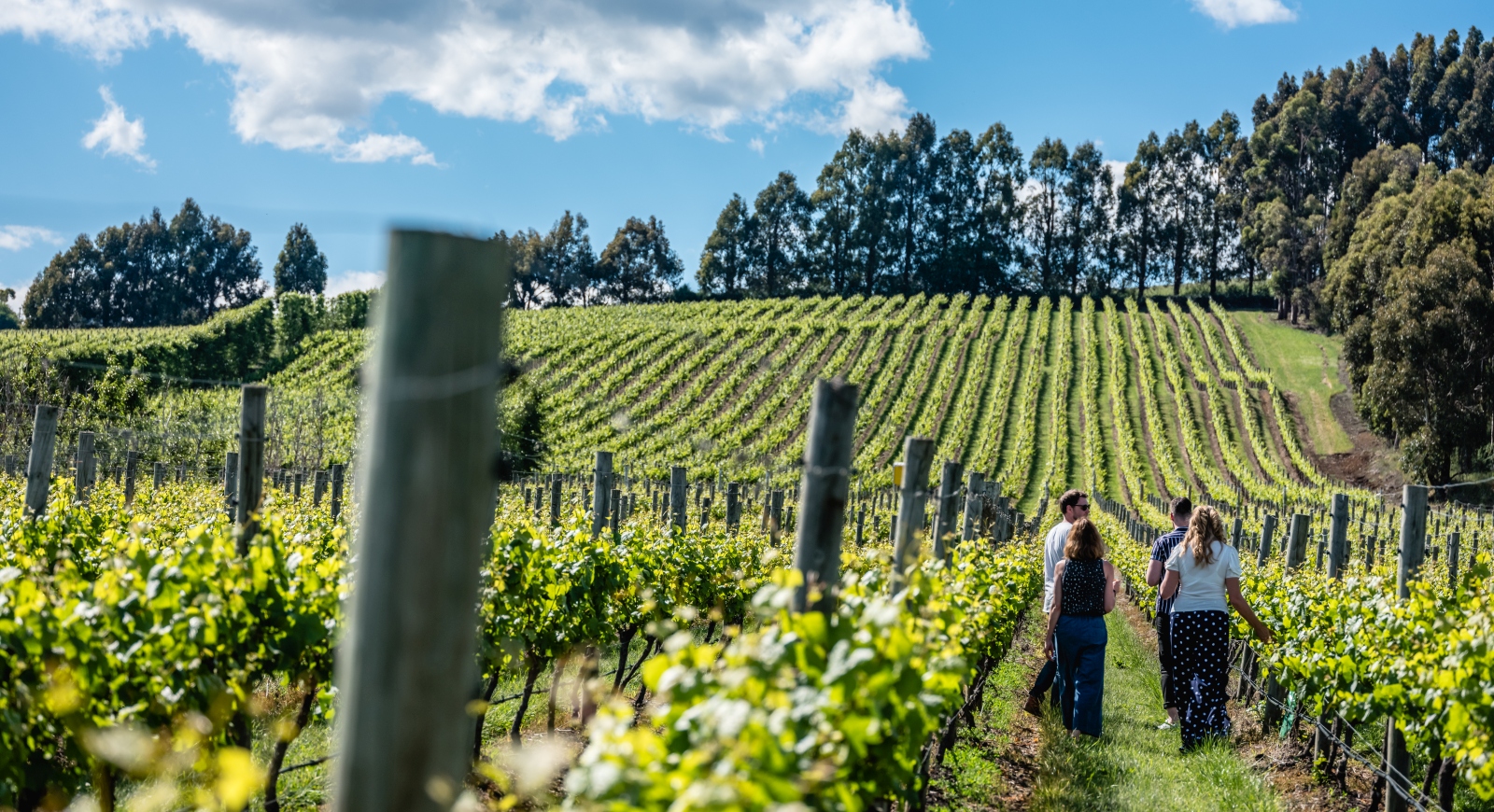
Spirits
Tasmanians are producing some of the best whiskies in the world.
Our distilleries which produce whisky, vodka, rum, liqueurs and gin have access to exceptional raw materials, skilled distillers and can offer unique visitor experiences.
There are a growing list of distilleries located around Tasmania with a reputation for extremely high quality products and a growing list of prestigious accolades.
Tasmanian gins are winning gold and double gold medals at international gin and spirit awards.

Beer
Beer in Tasmania has become part of our regional culture, with its long history that dates back to 1832 with the establishment of the first Tasmanian brewery – one which continues to operate today.
Tasmanian beer is recognised internationally for being brewed using world-class hops, locally grown and malted barley, the purest water in the world and unique strains of yeast.
In recent years Tasmanian micro-brewers have been recognised for their exceptional ales and lagers alongside the traditional larger scale brewers in the state.
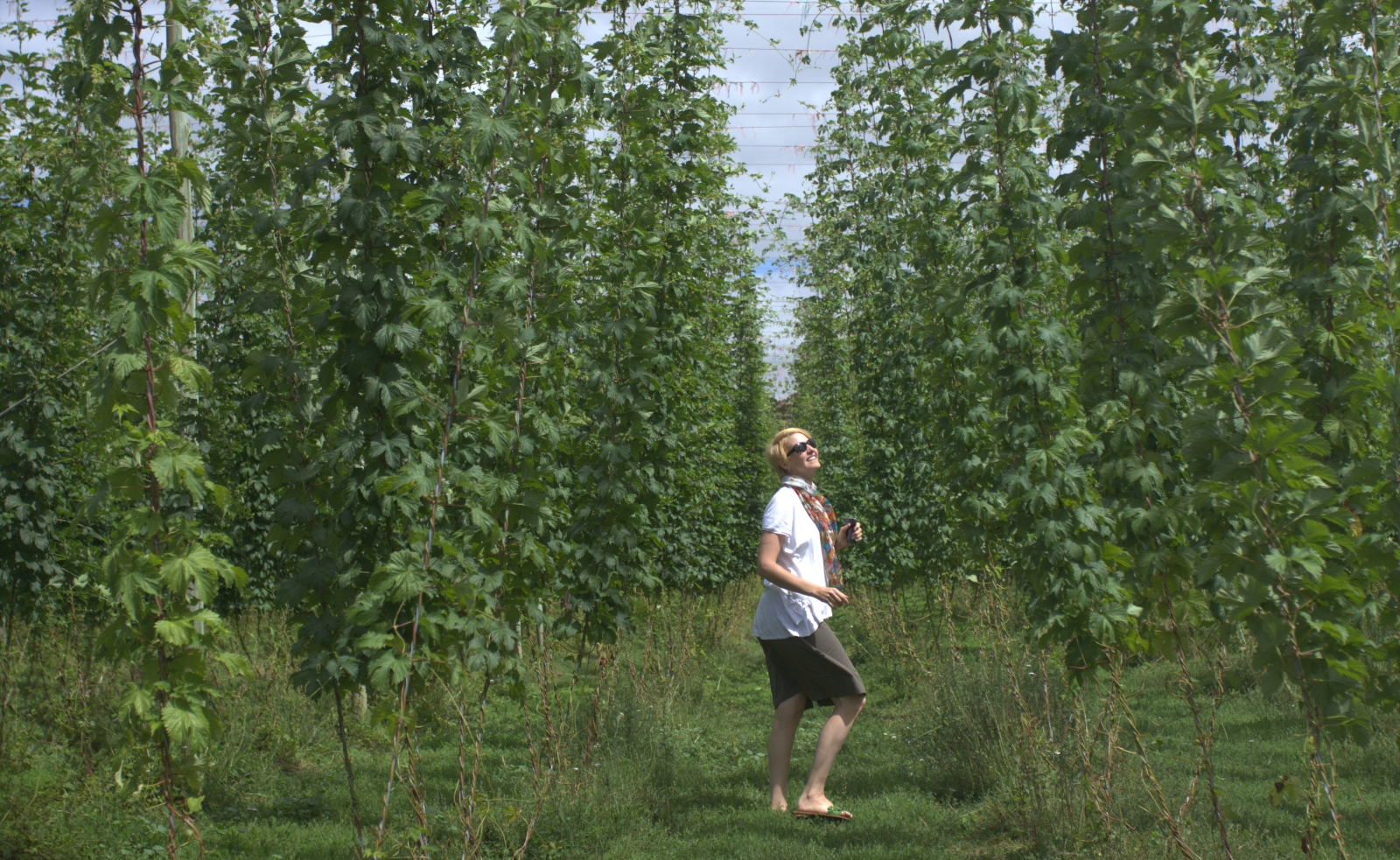
Ciders, juices and mixes
Tasmania is now recognised for its excellent quality ciders.
From organic apples to pear and cherry ciders, a range of non-alcoholic ciders, fruit juices, carbonated soft drinks and mixers, the beverage industry continues to gain national and international recognition and accolades.
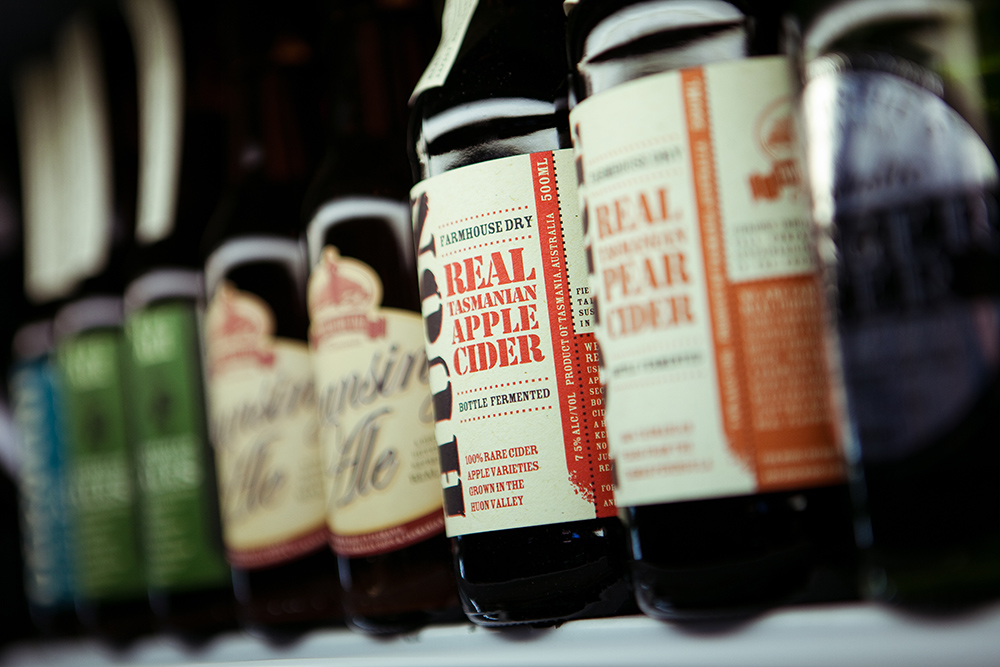
Wool
Tasmania produces some of the finest wool in the world, with the fibre produced on our island renowned as a luxury product, gracing the catwalks of a number of high end fashion labels.
Our island’s cooler and relatively stable climate allows a stable wool growing environment for our sheep, producing a consistent and clean product.
Some Tasmanian farming families have been growing wool for generations, and supplying the same Italian fashion houses for decades with their super fine Tasmanian wool.
